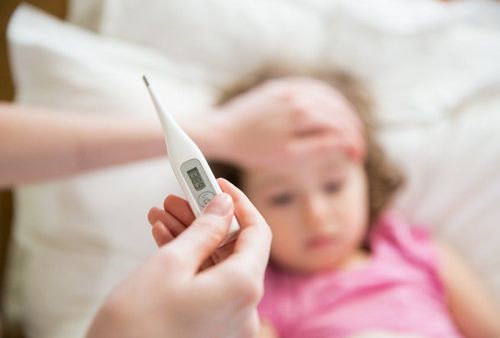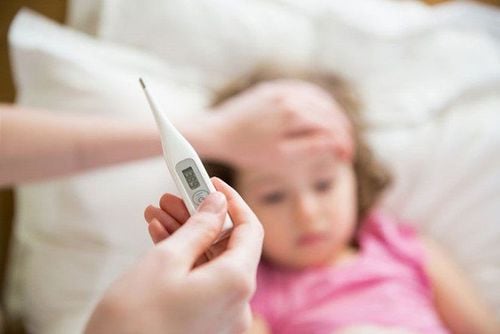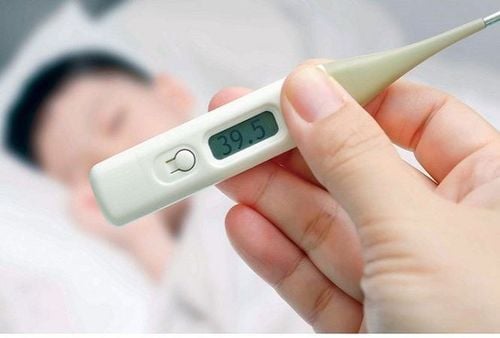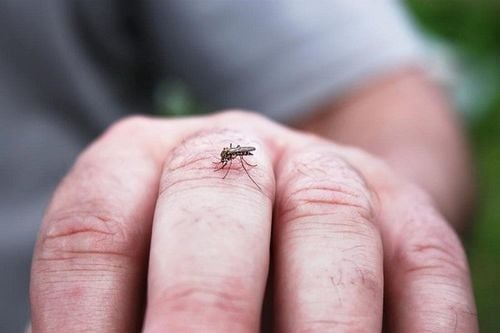The article was professionally consulted by Master, Doctor Tran Thi Vuong—Department of Testing—Vinmec Hai Phong International General Hospital.
Diagnostic tests for dengue fever help determine the presence of the virus in the blood. The tests commonly used to diagnose dengue fever are NS1, IgM antibody, and IgG antibody.
1. Dengue fever diagnostic tests
Patients with dengue fever require a blood test to determine the presence of the dengue virus. There are three dengue fever test markers that correspond to three types of serological tests used to detect the etiology.
Dengue NS1 Antigen Test:
This test is recommended from the first to the fifth day of the disease. If the patient has symptoms for more than three days (after the third day), even if he has dengue fever, the dengue NS1 test result may be negative. This is because the test is based on the process for determining the virus's antigen. On the fourth day of the disease, the concentration of viral antigen in the blood begins to drop, therefore the test index may be negative.
IgM antibody test:
IgM appears between the fourth and fifth day following fever. The IgM test detects the existence of antibodies against the dengue virus during the acute phase of the disease. However, depending on each patient's amount of antibody production, the test result will be positive or negative.
IgG antibody tests:
In the primary infection(initial infection with Dengue), IgG emerges on the 10th-14th day and can persist for several years. In the secondary form (previous Dengue infection), IgG is already present in the blood and increases within 1-2 days.
Thus:
- From the third to the fifth day: even if the patient has dengue fever, the test will most likely be negative.
- From the first to the third day, the IgM test will be negative. If the NS1 test is performed, the ability to make an accurate diagnosis is determined by whether the virus concentration in the patient's body meets the detection threshold. In circumstances where the viral antigen concentration is extremely low, the NS1 test result may still be negative.
- From the fourth day on, the patient may need to have daily blood tests to provide enough evidence for the doctor to confirm the diagnosis.
When suspected dengue virus infection, all three tests—NS1, IgM, and IgG—should be conducted simultaneously to determine primary or secondary dengue infection.
- If NS1 or IgM are positive, and IgG is negative: Primary dengue infection.
- If NS1 or IgM are positive, and IgG is positive: Secondary Dengue Infection
- If NS1, IgM, and IgG levels are negative: Dengue fever cannot be diagnosed
It is critical to note the time of testing in order to get an accurate diagnosis. Remember that each person's immune reaction to the virus is unique, therefore the test may need to be done several times to establish the diagnosis.
A whole blood cell analysis test (complete blood count test) can also be used to help with diagnosis and to track the disease's progression and outcome. As a result, a low platelet count and a high hematocrit indicate that the disease is progressing and should be treated as soon as feasible.
Furthermore, depending on the circumstances, the doctor may indicate additional tests to supplement the diagnosis, such as:
- Electrolyte test (including Na+, K+, and Cl- to assess electrolyte disturbances)
- Liver function test (including AST, ALT, and GGT to check liver function, assess damage, and detect dengue fever complications).
- Albumin test: used to examine the possibility of plasma leakage in dengue fever, allowing early detection and monitoring of individuals with enhanced vascular permeability.
- Kidney function tests (containing signs like urea, creatinine, cystatin C, and microalbuminuria) are used to assess kidney function and early kidney damage caused by dengue fever sequelae.
- CRP test: used to monitor inflammation, identify the origin of fever, and detect subsequent dengue infection.
2. Blood collection process for dengue disease.
When a patient exhibits symptoms of suspected dengue fever, the doctor will conduct a blood test. A dengue fever blood test does not require any particular preparation on the part of the patient.
During the blood collection procedure, the patient is instructed to remain still. Blood is extracted from the vein using a tiny needle and kept in a specialized tube. The complete sampling procedure normally lasts only a few seconds to a few minutes; the patient may experience a minor sting as soon as the medical team inserts the needle tip into the vein.
Blood collection for diagnosing dengue fever is generally safe. Some patients may experience minor bruising at the blood collection location.
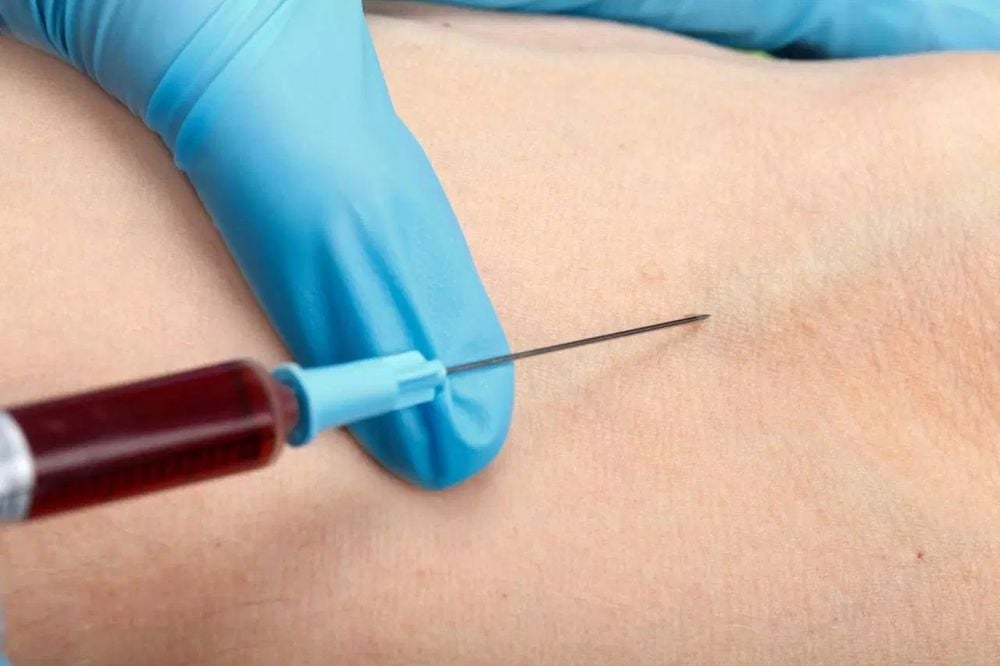
3. What is the significance of the dengue fever test results?
After analyzing the dengue fever test signs, the patient will receive the findings within a few hours, depending on the type of test. The test findings indicate if the patient has dengue fever or not.
- Positive: This result indicates that the patient has dengue virus in their blood.
- Negative: The patient is not infected with the virus, the testing time is not acceptable, or the viral level in the blood is insufficient to detect (false negative). If the patient is suspected of having been exposed to the dengue virus or exhibits symptoms of infection, they should consult with their doctor about whether they should be retested.
If the dengue fever test results are positive, the doctor will recommend a treatment plan. There is currently no medicine to treat dengue fever; rather, the doctor will provide the required information to alleviate the disease's symptoms, such as rest and drinking enough water to avoid dehydration. In addition, the patient may take over-the-counter pain medications (such as paracetamol) to alleviate discomfort and fever.
If the test results show that the patient has dengue fever with appropriate symptoms, he or she may need to be admitted to the hospital for monitoring and treatment. Treatment often consists of intravenous fluids (IV), blood transfusions if the patient has lost a significant amount of blood, blood pressure monitoring, and other intervention as needed.
Please dial HOTLINE for more information or register for an appointment HERE. Download MyVinmec app to make appointments faster and to manage your bookings easily.






